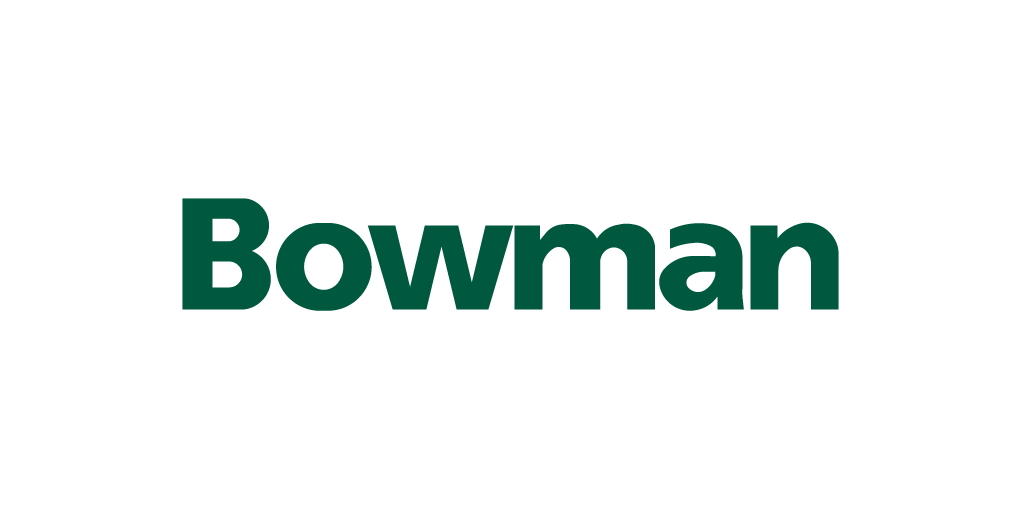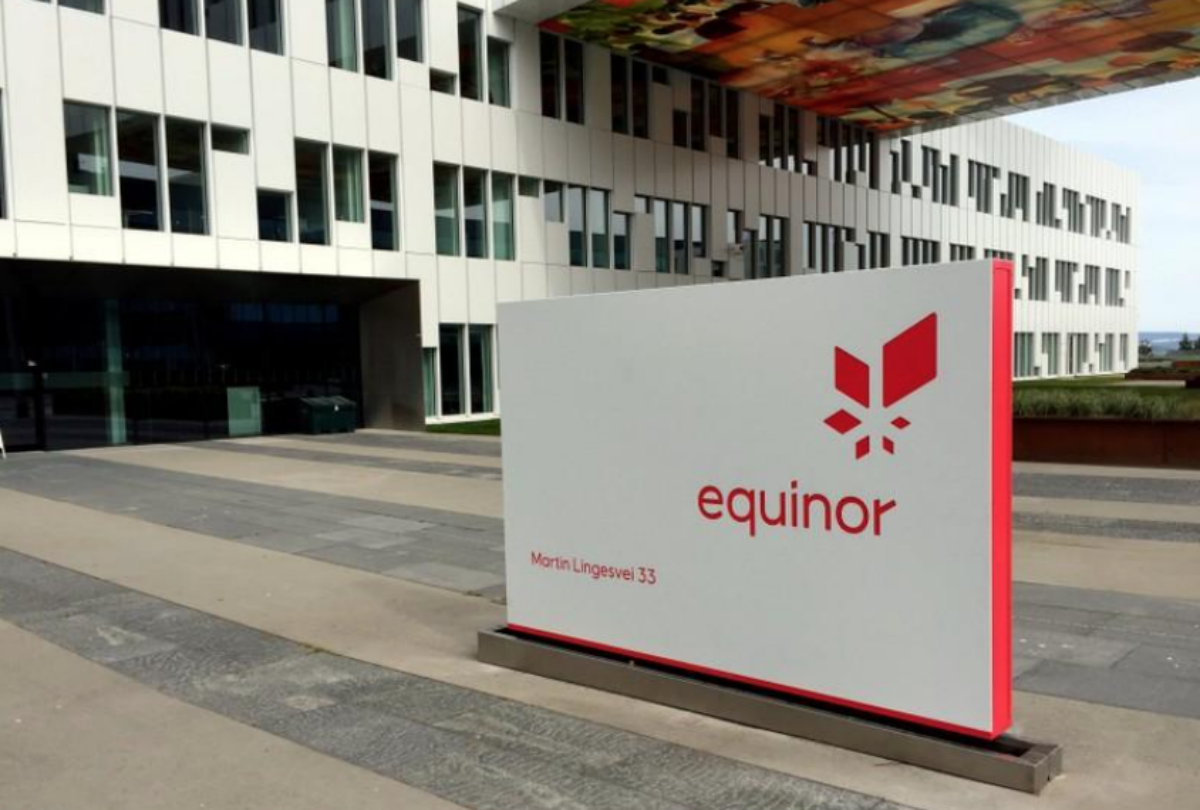Sign up for daily news updates from CleanTechnica on email. Or follow us on Google News!
Rental scooters, especially those dropped off and left on the sidewalks in cities, have been a bit of a touch-and-go proposition over the last few years. But, a recent deal shows that they can become big business.
The History of Bird
Bird, a micromobility company, was founded in September 2017 by Travis VanderZanden. It is based in Santa Monica, California. The company quickly gained popularity, but started with just ten scooters being deployed in Santa Monica. Bird then introduced electric scooters designed for short-term rentals to over 400 cities worldwide. The concept of shared electric scooters took off rapidly, and within months, Bird’s fleet grew significantly.
Bird, like other scooter companies, faced challenges along the way, including regulatory issues. Some of this came for legitimate safety reasons, but many “old man yells at cloud” stories came out about rental scooters, too, with many “Karens” simply not liking the way the scooters looked in their city.
It wasn’t the first or the last scooter company, but Bird played a crucial role in pioneering the concept of scooter sharing, which has since become a global phenomenon. Today, Bird continues to operate as a popular provider of electric scooter rentals, enabling convenient and eco-friendly transportation options in urban areas.
One of its competitors had a similar story. Spin Scooters was founded in January 2017 in San Francisco as a pedal bike-sharing company. However, it quickly pivoted to electric scooters the following year. In March 2018, Spin introduced its first scooter-sharing fleet in San Francisco, marking its entry into the micromobility market. Since then, Spin has grown rapidly and expanded its operations to over 50 cities and campuses worldwide.
In 2018, Spin was acquired by Ford Motor Company, which brought significant resources and support to further develop and expand Spin’s services. This acquisition allowed Spin to strengthen its position in the growing micromobility industry.
Despite its rapid growth and popularity, Spin faced some changes. In 2022, Ford sold Spin to Berlin-based micromobility company Tier, which then ended up selling the company to Bird.
The Spin Purchase Deal
A few days ago, Bird announced its acquisition of Spin, a shared electric bike and scooter operator previously owned by TIER Mobility. With this transaction, Bird becomes the largest micromobility operator in North America, solidifying its market share. Notably, the acquisition is expected to have an immediate positive impact on Bird’s earnings. Spin now operates as a wholly-owned subsidiary of Bird Rides, Inc.
The purchase price for Spin was $19 million, comprised of $10 million in upfront cash, $6 million in a vendor take-back, and $3 million as a hold-back. MidCap Financial Investment and MidCap Financial Trust, managed or advised by Apollo Capital Management, LP, provided support for this transaction.
Spin generated around $45 million in net revenue for the 12-month period ending on June 30, 2023. When combined with Bird’s net revenue, the total comes to approximately $265 million. The transaction is projected to yield synergies of over $20 million and contribute positively to Bird’s earnings. This is partly attributed to recent operational restructuring efforts.
According to Bird, Spin, based in San Francisco, has established a robust presence throughout North America. With operations spanning over 50 cities and university campuses, Spin’s reach minimally overlaps with Bird’s existing footprint. This acquisition expands Bird’s geographical coverage, further cementing its position as the foremost micromobility operator in North America, both in terms of market share and the number of markets served.
“Spin is a great financial and strategic acquisition for Bird and we expect this acquisition will enable us to achieve long term sustainable profitability. In addition to our overall market leadership in North America, the company now holds a leading market share position in key markets, more new vehicles, cutting-edge technology and a significantly stronger financial position,” said Michael Washinushi, Bird Interim CEO. “Bird and Spin have many strategic synergies, which we believe will have an immediate impact in the third quarter. We are thrilled to welcome the Spin team to the Bird family and excited to continue to execute on our shared vision of a more liveable, sustainable future. Due to the success we are having in improving Bird’s financial performance we are able to make acquisitions like Spin today.”
The company says it aims to capitalize on its leadership position to further expand operations in several lucrative cities, including Baltimore, Salt Lake City, and Washington D.C. These cities are among the top micromobility markets in North America, offering significant cash flow opportunities. Additionally, the company targets renowned university campuses such as Penn State University and the University of Michigan. With the recent acquisition of Spin, Bird now operates in 87% of the 50 most populous cities in the United States and Canada that have a shared micromobility program. This strategic move positions the company for continued growth and success in the industry.
Spin brings Bird an impressive fleet of over 60,000 vehicles, with a significant number of them being new state-of-the-art scooters, so the company isn’t buying a busted fleet. Alongside Bird, Spin has been at the forefront of the industry in deploying sidewalk detection technology on a large scale. Moreover, Spin’s fleet of swappable-battery vehicles perfectly complements Bird’s offerings. With its track record of being a trusted resource for riders and cities alike, Spin will continue to operate independently in numerous cities.
“We are excited to join forces with Bird, an innovative brand and a pioneer in micromobility. Together Bird and Spin create a powerful player in the North America market — one that is focused on responsible partnership, bringing reliable alternative transportation options to the communities we serve, and creating a more sustainable future,” said Philip Reinckens, CEO of Spin.
Why This Matters
There are two things we can pick up from this.
First, this kind of a big deal shows how the rental scooter market is maturing. They’re going beyond being small, unstable businesses that come and go. They also seem to have mostly gotten around the issue of being “Karened” in cities, probably through a combination of better efforts to not be a problem and increased familiarity with scooters in cities.
Second, it shows that scooters can actually be big business. While automakers don’t seem to be as interested in them, they’re getting bigger and more organized and not shrinking. But, two companies becoming one big one still doesn’t eliminate competition in the market. The scooter market still has other companies, such as Lime, so there’s a healthy amount of competition.
Featured image provided by Bird.
Have a tip for CleanTechnica? Want to advertise? Want to suggest a guest for our CleanTech Talk podcast? Contact us here.
EV Obsession Daily!
I don’t like paywalls. You don’t like paywalls. Who likes paywalls? Here at CleanTechnica, we implemented a limited paywall for a while, but it always felt wrong — and it was always tough to decide what we should put behind there. In theory, your most exclusive and best content goes behind a paywall. But then fewer people read it!! So, we’ve decided to completely nix paywalls here at CleanTechnica. But…
Thank you!
Tesla Sales in 2023, 2024, and 2030
CleanTechnica uses affiliate links. See our policy here.




